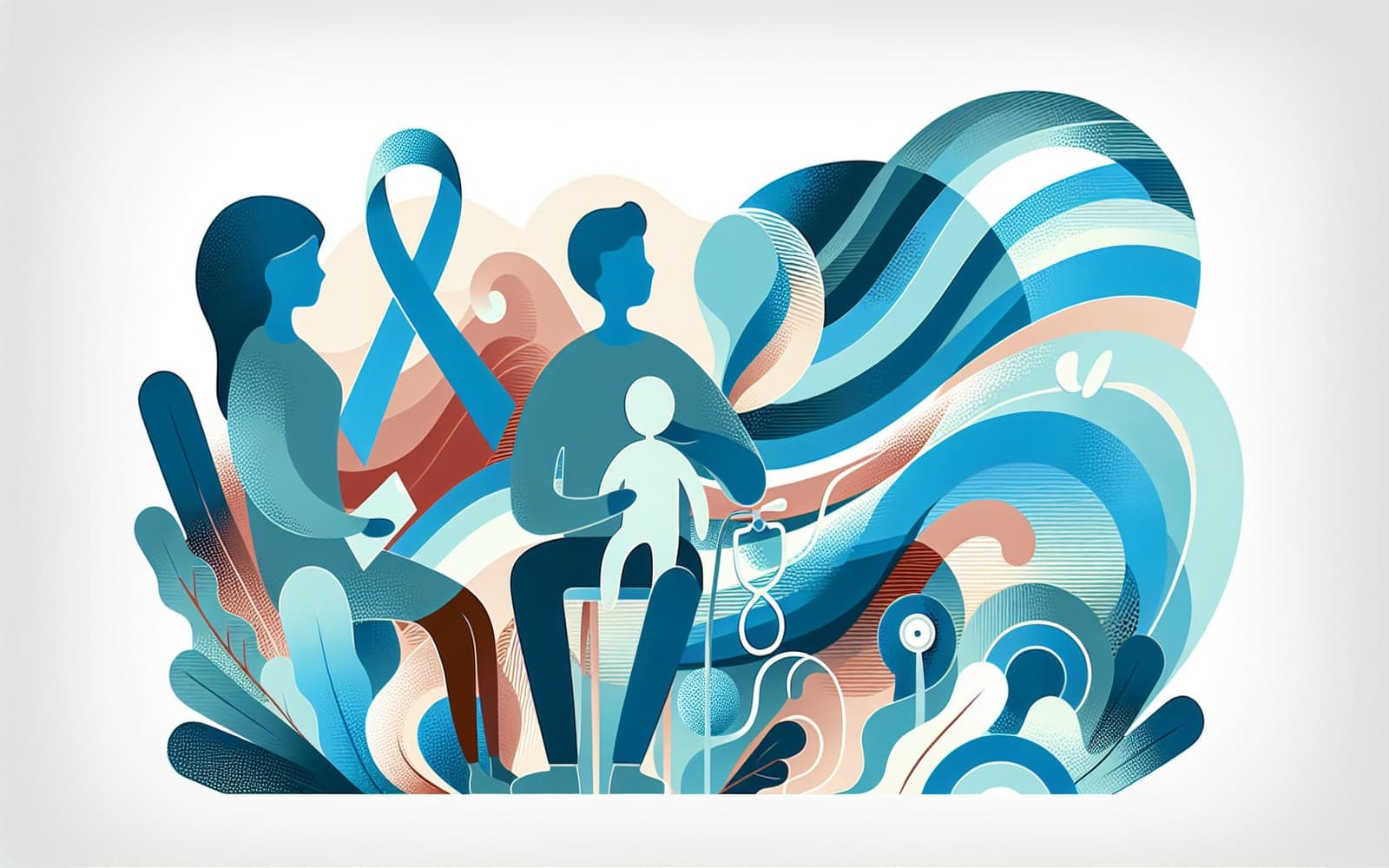Who's at Risk for Neutrophilia?
Published: Dec 16, 2023

Medically reviewed by Benjamin Seth Martinez | MD, Statpearls - Director of Clinical Content on December 16th, 2023.
Understanding who might develop neutrophilia can help in early detection and prevention. Let's explore the risk factors involved.
Contents
Lifestyle and Environmental Factors
Certain lifestyle choices like smoking and stress are known to increase your risk of developing neutrophilia. Smokers often have higher neutrophil counts due to chronic inflammation. Acute stress and rigorous exercise can also temporarily bump up your neutrophil levels.
Medical and Genetic Factors
People with certain medical conditions like infections or inflammatory diseases are more likely to experience neutrophilia. Genetic predispositions can play a role too, especially in children with inherited disorders affecting blood cell production.

Medications and Neutrophilia
Some medications can also contribute to high neutrophil counts. Drugs like glucocorticoids and certain growth factors stimulate neutrophil production or release, leading to elevated counts. Knowing your medication side effects can help you manage this risk.
Frequently Asked Questions
Yes, smoking is a common cause due to inflammation.
Yes, stress and exercise can temporarily increase levels.
Yes, some drugs can increase neutrophil production.
Yes, genetic disorders can predispose individuals to it.
Key Takeaways
Understanding your risk factors for neutrophilia can help you take proactive steps for monitoring and prevention.
Wondering if you're at risk? Discuss your concerns with Doctronic today.Related Articles
References
Fröhlich M, et al. Independent association of various smoking characteristics with markers of systemic inflammation. Eur Heart J 2003; 24:1365.
This article has been reviewed for accuracy by one of the licensed medical doctors working for Doctronic. Always discuss health information with your healthcare provider.

